
When you spend time helping others, whether it's taking a neighbor to the doctor, babysitting your child, or volunteering in your community, you're not only doing good for society, but also for your own brain - Photo: AI
A new study from the University of Texas (USA) shows that regularly helping others can be good for the brain, slowing cognitive decline by up to 20% in middle-aged and elderly people, according to Scitech Daily.
For more than 20 years, scientists followed more than 30,000 Americans aged 51 and older. They found that those who regularly volunteered or helped neighbors and friends had a significantly slower rate of decline in memory and thinking ability.
The greatest effect was seen in people who spent 2–4 hours per week on helping others, a moderate level that yields cumulative benefits over time.
When kindness becomes "medicine" for the brain
The study, published in the journal Social Science & Medicine, found that both formal (such as joining a volunteer organization) and informal (helping acquaintances in everyday life) forms of helping were similarly effective.
"I was surprised to find that simple acts like taking a neighbor to the market or mowing a lawn for an elderly person were just as beneficial to the brain as participating in large volunteer programs," said lead author Dr. Sae Hwang Han.
When people help each other, the brain activates areas associated with positive emotions and social bonding. These activities help reduce stress, improve blood circulation, maintain nerve function, and create a sense of usefulness, which is important for people to stay mentally sharp as they age.
On the contrary, isolation, lack of communication and lack of participation in community activities can cause the brain to weaken more quickly and is even linked to the risk of dementia.
Scientists emphasize that even when their health is no longer as before, the elderly can still continue to contribute according to their ability, and that in turn helps them stay healthier. "Older people may be tired or have limited mobility, but as long as they continue to be given opportunities to help others, they can still maintain active brain activity," the research team asserted.
Give to keep yourself sane
Another study by the same team at the University of Texas also showed that volunteering to help others reduces the impact of chronic stress on inflammation in the body, a biological factor closely linked to Alzheimer's disease and cognitive decline. When stress and inflammation are reduced, the body and brain are better protected.
Scientists have therefore suggested that "helping others" should be considered as a public health solution, especially in the context of an aging population and increasingly common loneliness.
A society where older people still have the opportunity to contribute, even in small ways, will not only be good for the community but also help them maintain their alertness, joy of life and sense of connection.
Helping others is not only a beautiful act, it is also a natural strategy for keeping the brain healthy. Perhaps that is why the saying “giving goes a long way” has never been more true: we not only give kindness, but also keep our mind clear.
Source: https://tuoitre.vn/vai-gio-giup-do-nguoi-khac-moi-tuan-giup-nao-tre-hon-10-tuoi-20251103084129916.htm


![[Photo] Ca Mau "struggling" to cope with the highest tide of the year, forecast to exceed alert level 3](https://vphoto.vietnam.vn/thumb/1200x675/vietnam/resource/IMAGE/2025/11/04/1762235371445_ndo_br_trieu-cuong-2-6486-jpg.webp)

![[Photo] The road connecting Dong Nai with Ho Chi Minh City is still unfinished after 5 years of construction.](https://vphoto.vietnam.vn/thumb/1200x675/vietnam/resource/IMAGE/2025/11/04/1762241675985_ndo_br_dji-20251104104418-0635-d-resize-1295-jpg.webp)
![[Photo] Panorama of the Patriotic Emulation Congress of Nhan Dan Newspaper for the period 2025-2030](https://vphoto.vietnam.vn/thumb/1200x675/vietnam/resource/IMAGE/2025/11/04/1762252775462_ndo_br_dhthiduayeuncbaond-6125-jpg.webp)

![[Photo] Ho Chi Minh City Youth Take Action for a Cleaner Environment](https://vphoto.vietnam.vn/thumb/1200x675/vietnam/resource/IMAGE/2025/11/04/1762233574890_550816358-1108586934787014-6430522970717297480-n-1-jpg.webp)


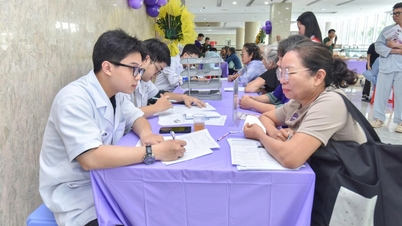


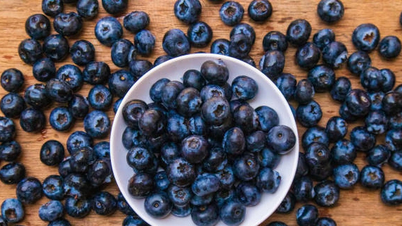



















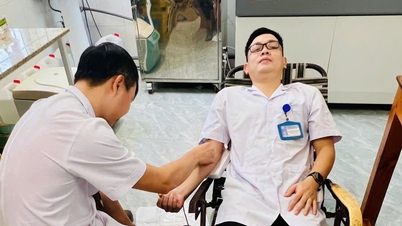
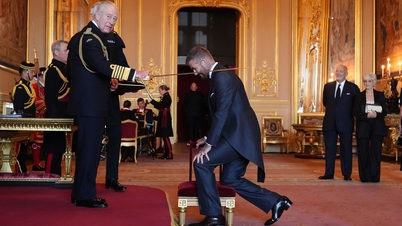






















































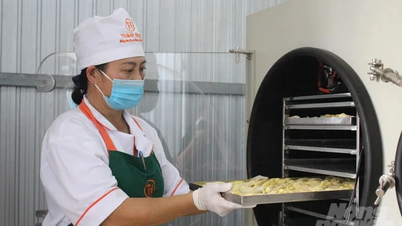
















Comment (0)